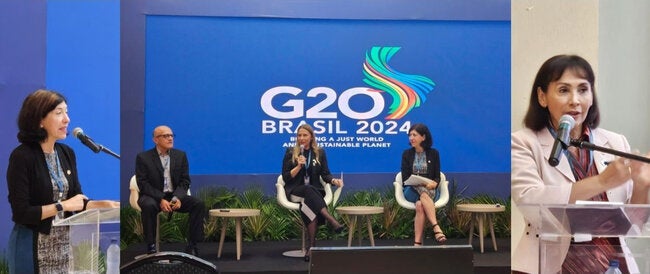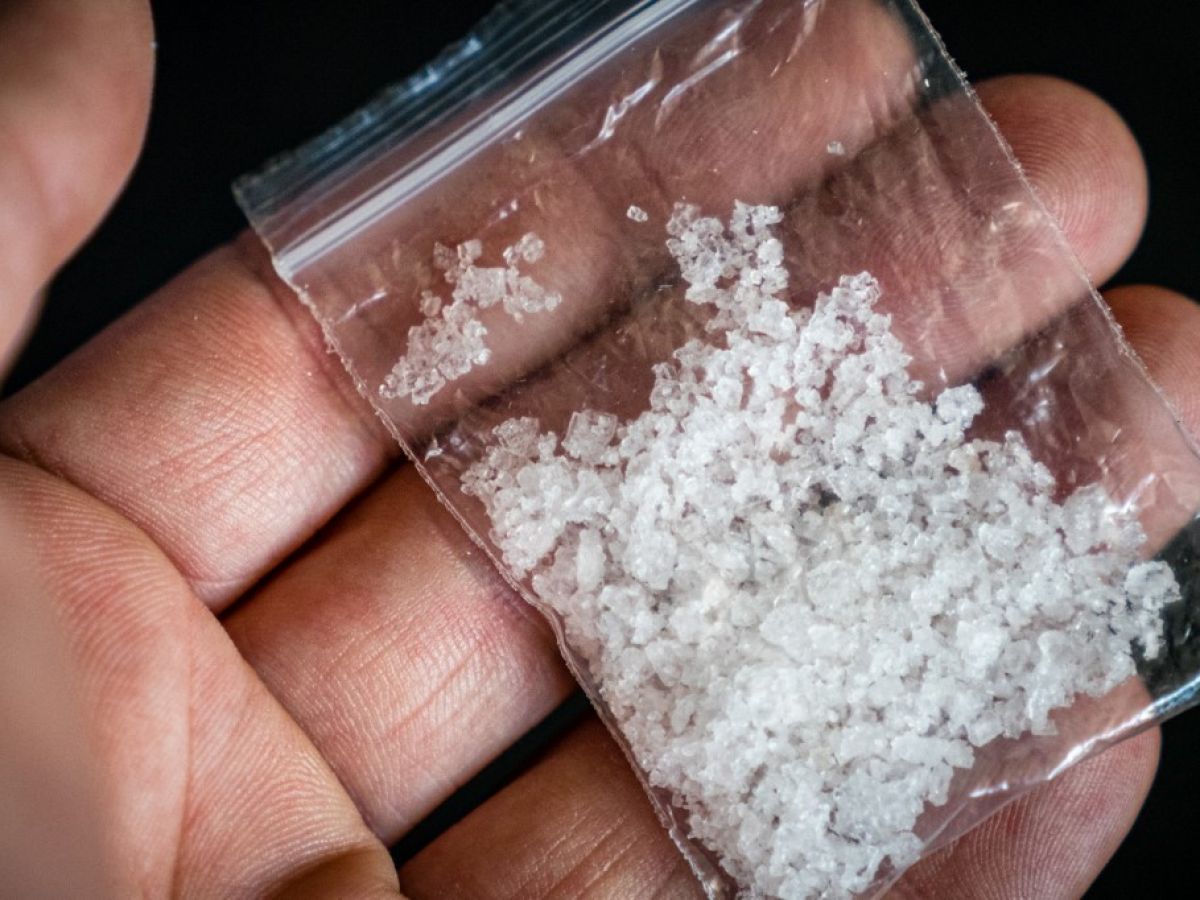
Antimicrobial resistance, One Health and climate change at the heart of G20 debates in Brazil
September 6, 2024
Natal, September 4, 2024 (PAHO/WHO) – The Pan American Health Organization (PAHO) recently led a series of discussions on critical health issues at a meeting of the G20 Health Working Group from September 1 to 3 in Natal, Brazil, including the growing threat of antimicrobial resistance (AMR), the urgent need to address the impact of climate change on health, and the importance of investing in One Health strategies in the Region of the Americas.
A defining moment in the fight against antimicrobial resistance
The main focus of the event was AMR, a major global threat that hampers the effective treatment of a growing number of infections caused by bacteria, parasites, viruses, and fungi, leading to prolonged illness and increased mortality. Globally, AMR costs approximately $855 billion annually in increased healthcare costs and lost productivity, and in 2019 alone, it claimed 1.3 million lives.
While 165 countries worldwide, including 26 in the Americas, have developed national action plans to address AMR, large-scale implementation has been slow, highlighting the need for more resources and renewed commitment.
In the region, however, 87 PAHO member countries have established national action plans, which exceeds the global average. “The Americas are leading the fight against AMR, with PAHO’s strong leadership providing a model for other regions,” said Dr. Socorro Gross Galiano, PAHO Representative in Brazil.
Dr. Gross also emphasized the importance of PAHO's One Health approach, which promotes intersectoral collaboration to effectively address AMR, and highlighted PAHO's upcoming participation in discussions on AMR at the United Nations General Assembly (UNGA) high-level event in New York in September, where the organization will advocate for decisive international action against this global threat.
In a presentation at the session, Dr. Pilar Ramon-Pardo, Chief of PAHO's Antimicrobial Resistance Program, acknowledged the significant progress made in the Americas but warned that persistent challenges, including limited national budgets and inequitable access to health services and products, will continue to hamper progress unless they are effectively addressed.
Tackling tuberculosis in the context of climate change: a call to action
PAHO and the World Health Organization also co-hosted the panel “Ending Tuberculosis in a Changing Climate: Building Evidence to Inform Action.” During the event, panelists discussed how factors such as malnutrition, food insecurity, and deteriorating living conditions, all exacerbated by climate change, make populations more vulnerable to tuberculosis.
Highlighting the need for countries to mitigate the effects of climate change, particularly its potential to disrupt health services, Dr. Gross called for increased collaboration. “The G20 has the resources, research capacity, and best practices to unite us in this final, intense effort to address these interconnected challenges,” she said.
G20
The Group of Twenty (G20) is a forum for international economic cooperation composed of 19 countries: Argentina, Australia, Brazil, Canada, China, France, Germany, India, Indonesia, Italy, Japan, Mexico, the Republic of Korea, the Russian Federation, Saudi Arabia, South Africa, the United Kingdom of Great Britain and Northern Ireland, the United States of America, and two regional organizations: the African Union and the European Union. The G20 presidency is currently held by the Brazilian government.

